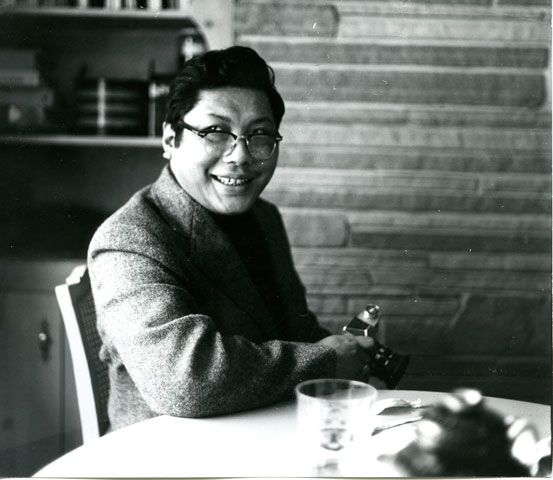The Karma of Money
Usually, people are not aware that money is karmically related to them. If you view money as a bad thing or a big problem, you may think that giving your possessions or your wealth away will be like having an operation to remove a malignant tumor; and then you’ll be free of it. Money doesn’t work that way. That whole karmic situation comes back to you, always. So the same old saying is true: “Better not to begin, but once you do begin, do it properly.” We have to be able to have money and work with it but not be attached to it. It is similar to any transmutation process. You have to make a relationship with money, and a relationship with your possessions.
From Work, Sex, Money: Real Life on the Path of Mndfulness, pages 166 to 167.
Visit the Chogyam Trungpa Digital Library to listen to and watch more than 500 recordings!
